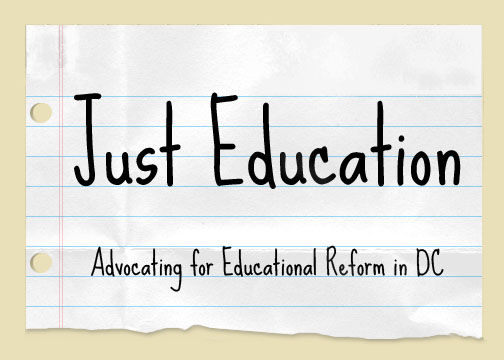By Nina Gokhale
I spent my
spring break in Memphis, Tennessee as a participant in Maximum Impact:
Alternative Spring Break with Deloitte and Teach for America. Over a period of
four days, I was able to witness first hand the struggles of this community. We
spent our first evening exploring Memphis, where only 4% of students graduate
college-ready. The next three days we worked with TFA members and school
administrators at various schools. Following are my reflections on each day’s
events.
Sunday:
Beale Street is
like a smaller version of New Orleans’ Bourbon Street. Bars with neon signs
line the street. Live music pours from open doors. There was a fair number of
people out for a Sunday evening, but as we ventured out, the scenery changed.
Historic landmarks and office buildings are heavily interspersed with boarded
up structures. Few cars drove by. For the largest city in the state, it seemed
far too empty.
Monday:
I spent my day
doing landscaping and secretarial work. The work I did was mundane, but
somehow, I’ve still come away feeling satisfied. I’ve long been troubled by the
fact that the work I do does not seem to make a long-lasting difference. And
I’ve heard it a lot, but I’m really starting to see that small amounts of time can
help. One hour from thirty-five of us can greatly reduce a teacher’s work
outside of the classroom. A morning in the dirt can create an environment where
students are proud and excited to come to each day. The gratitude everyone expressed
is truly remarkable and has shown me that my efforts can be the highlight of
another’s day, week, or month.
Tuesday:
We spent the
following day at a middle school. Here I had the opportunity to work with small
groups on math problems. For a few, it clicked. In other cases, however, I felt
like I was merely speaking at the students, unable to tell whether they had any
grasp of what I was saying. Only when I began to work on more personal levels
with my groups of six, addressing individual issues, did I see any progress.
But I struggled running around even with this small few. I cannot even begin to
understand how teachers are expected to work with classes of 30 and address the
various levels of students’ understanding. I always assumed that children
slipping between the cracks was due to lack of care on part of the teachers,
but I am seeing it’s a lot more complicated than this.
Wednesday:
During a college
Q&A, one student asked about paying for college. I gave the classic answer,
about scholarships, financial aid, loans, etc. But it was difficult, giving them
this broad answer, when many do not have the resources necessary to understand
the complicated processes to finance their educations. And even with aid, there
are still significant out of pocket expenses. A TFA corps member told us
afterwards that he encourages his students to go to community college prior to
attending a university. While a necessary move for many, this increasing long
and expensive process will unfortunately make a college degree even less
attainable for these students.
Thursday:
The idea of TFA terrifies
me. Being the force that is supposed to motivate students and put them on track
is an incredible amount of pressure. Yet for some reason, this new found fear
is not driving me further from the idea of being a corps member, but closer to
it. The hours of frustrations and failures are worth it, even if only a few achieve
their potential. It’s scary, but the cause is worth fighting for.
